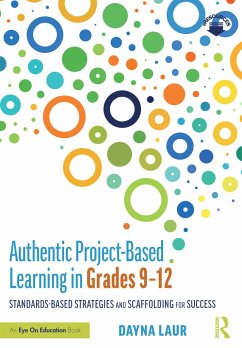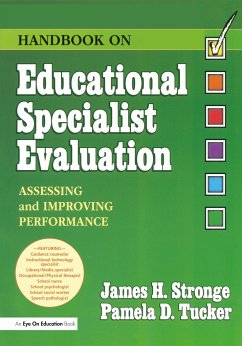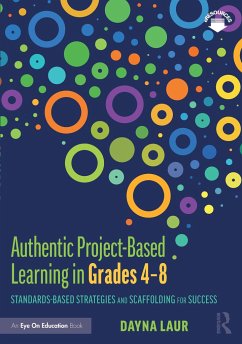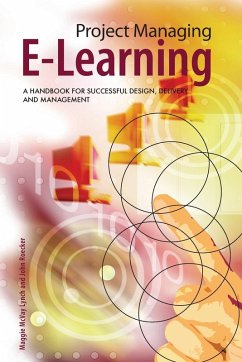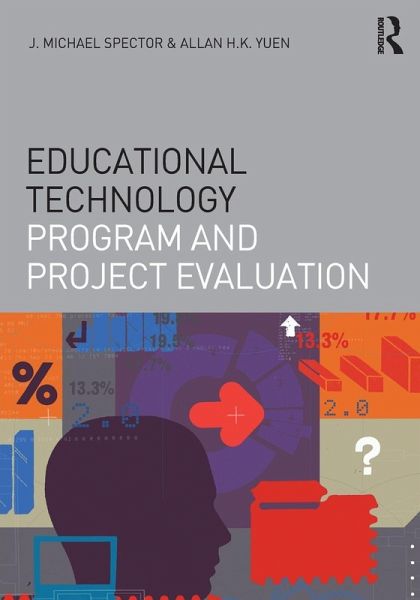
Educational Technology Program and Project Evaluation
Versandkostenfrei!
Versandfertig in 1-2 Wochen
63,99 €
inkl. MwSt.
Weitere Ausgaben:

PAYBACK Punkte
32 °P sammeln!
Educational Technology Program and Project Evaluation is a unique, comprehensive guide to the formative and summative evaluation of programs, projects, products, practices and policies involving educational technology. Written for both beginning and experienced evaluators, the book utilizes an integrative, systems-based approach; its practical emphasis on logic models and theories of change will help readers navigate their own evaluation processes to improve interventions and conduct meaningful educational research. Key features include: evidence-based guidelines for constructing and conductin...
Educational Technology Program and Project Evaluation is a unique, comprehensive guide to the formative and summative evaluation of programs, projects, products, practices and policies involving educational technology. Written for both beginning and experienced evaluators, the book utilizes an integrative, systems-based approach; its practical emphasis on logic models and theories of change will help readers navigate their own evaluation processes to improve interventions and conduct meaningful educational research. Key features include: evidence-based guidelines for constructing and conducting evaluations practical exercises to support the development of knowledge, skills, and program evaluation portfolios a variety of interdisciplinary case studies references and links to pertinent research and resources Using the TELL, ASK, SHOW, DO model first introduced in this series, Educational Technology Program and Project Evaluation provides comprehensive coverage of the concepts, goals, design, implementation, and critical questions imperative to successful technology-enhanced evaluation.




